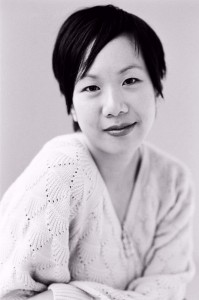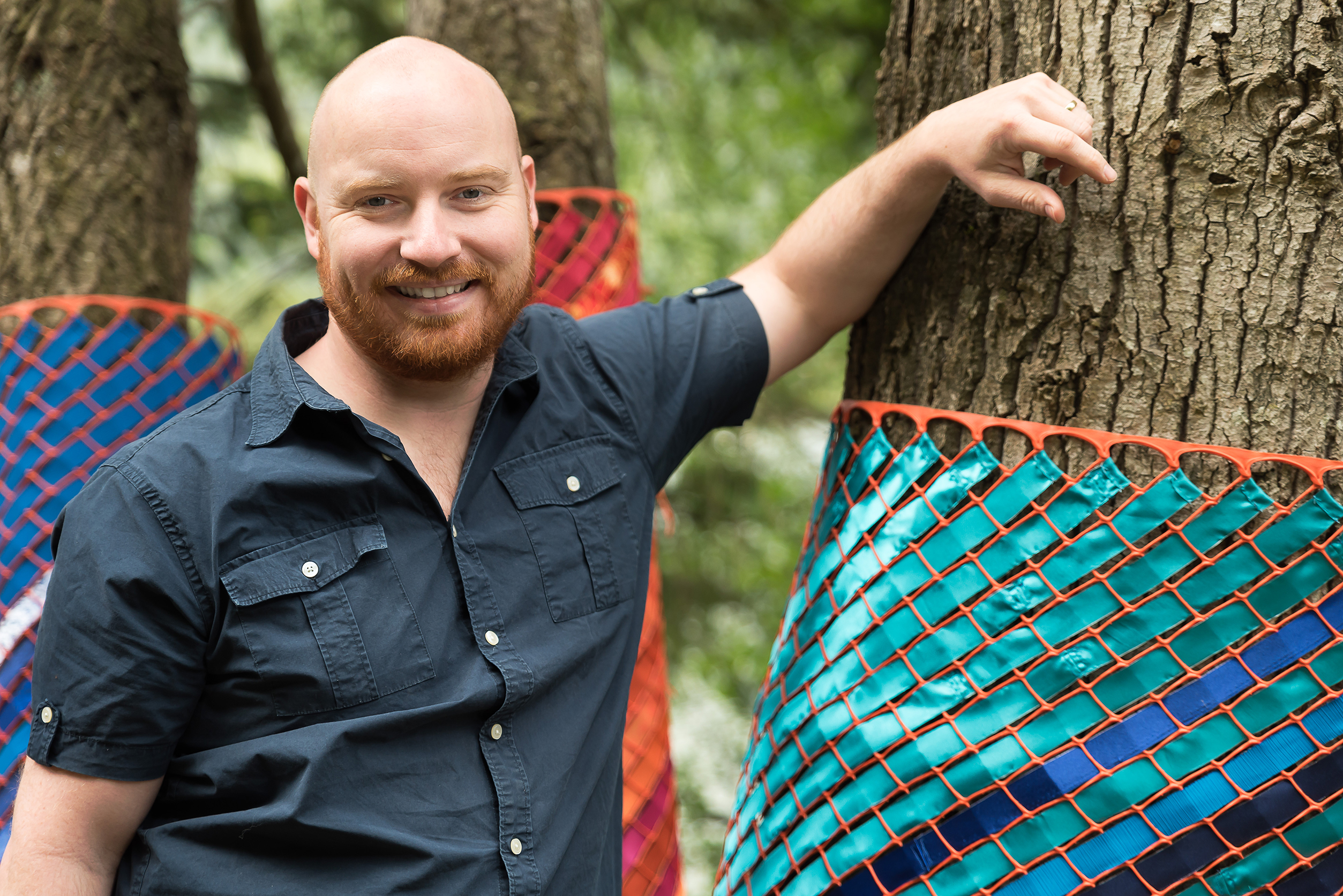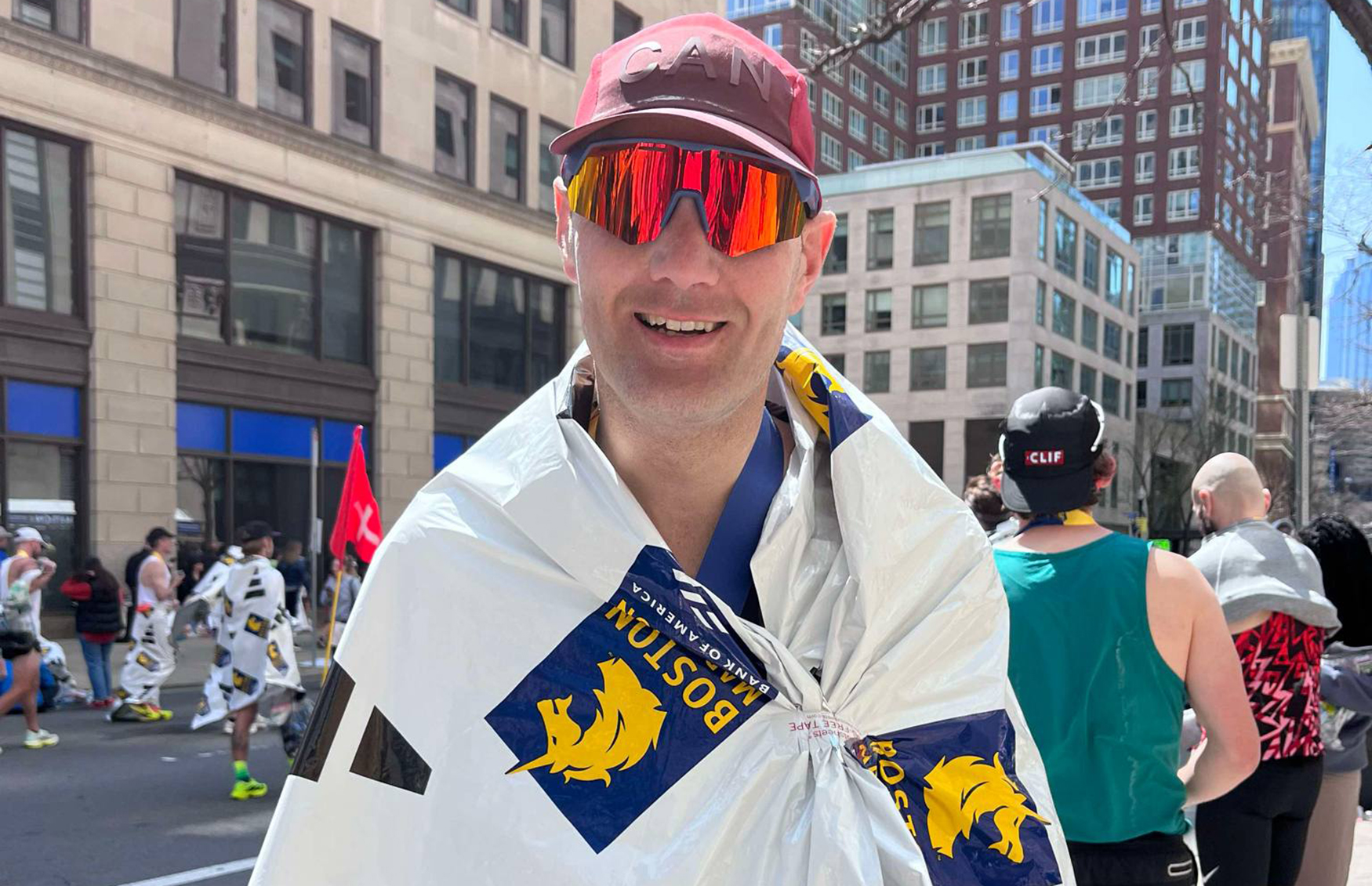Get to know Jen Sookfong Lee, UFV’s Writer-in-Residence
 Novelist Jen Sookfong Lee is the 2016 Writer-in-Residence at UFV.
Novelist Jen Sookfong Lee is the 2016 Writer-in-Residence at UFV.
Lee is the author of novels The End of East, Shelter, and The Better Mother. Her fourth book, The Conjoined, will be published in September.
She will be on the Abbotsford campus Mondays and Tuesdays until April 8 and is available for class guest lectures and individual consultations on those days and by appointment. She will also present at several special events during her time at UFV.
The UFV Writer -in-Residence position is supported by the Kuldip Gill Writing Fellowship.
Writer-In-Residence Event schedule
(all events are in the SUB):
Mon, Jan 25, 12-1 pm: Welcome Event & Reading
Tues, Feb 23, 1-2 pm: Writing the Body Workshop
Tues, March 8, 12-1 pm: Reading & Panel Discussion with invited guests
Monday, March 21, 10:45-11:45 am:
Writing Place: Navigating Culture, Class, and Gender workshop
Lee will also be the keynote speaker at the Mission Writers Festival on March 5.
Please send requests for additional guest lectures and consultations for Jen Sookfong Lee to Andrea MacPherson at andrea.macpherson@ufv.ca .
As she settled into her office at UFV, Lee was kind enough to answer a few questions about her approach to the writing process.
How to you feel about being chosen as UFV’s Writer-in-Residence for 2016?
It’s a great honour! Being named Writer-in-Residence is an amazing validation. As an author, I’m often stuck inside my own head, so having an opportunity to get out and interact with students and faculty is hugely rewarding. And also being given the time to work on my writing is lovely.
What are you looking forward to about the experience?
I’m most looking forward to the one-on-one consultations with students. I often say that this kind of focused mentoring is the most rewarding for me as an author, but I think it’s also most helpful for the students as well. It takes time and attention to figure out what exactly each student needs to facilitate their writing careers. The process of watching young writers discover their voices and literary obsessions is continually fascinating to me.
Your writing is rooted in connection to family and place, often Vancouver and Chinatown. Will you be encouraging Fraser Valley writers to draw on their own sense of place (whether it’s ‘here’ or a place that they came from)?
Yes, of course. Place and family are what I call alpha narratives — it is precisely these two things that inform who we are as humans and how we interact with others. Writing the human experience is about making sense of our collisions, and our origins (wherever they are) are the foundations for what we become and how we grow. It never really matters if someone is writing about a future dystopia with flying robots; the author’s sense of identity always asserts itself somehow, because that shapes how he or she views the world, or fictional worlds. And, as well, very few writers from BC write stories set in BC. I’d love to see UFV students try this.
You write on your blog about drawing from real-life friends and family for characters (while fictionalizing them slightly) and express relief that they are still talking to you! What advice will you give to young writers who are grappling with the difficult issue of how much to draw from ‘real life’ when creating fiction?
I’m a firm believer that you write whatever you want to write. Censoring yourself because of potential readers, whether you know them or not, runs counter to the creative process. I always say that you have to choose the project that inspires you, and if that happens to be something autobiographical or that references the people in your life, then that’s just the way it is. However, there are three very practical pieces of advice I would give any writer attempting this. One, if you still want to maintain a relationship with someone you’re writing about, it’s always ethical to tell them. You don’t have to show them your work or ask for their input, but it’s a good thing to give them some warning before that work becomes public. Two, don’t worry about it too much unless it is going to become public. Projects go sideways all the time, and preparing your family or friends for a book that may never get published will just generate needless anxiety! Third, emphasize that this project is yours and not theirs. This is your story, and your writing. They don’t get input unless you ask for it. And, one more thing: in my experience, the people who love you are always happy to see you succeed, and if this writing project makes you happy, they will probably just be happy for you, and they’ll leave it at that.
Attention to human rights and to past and current injustice is also part of your writing practice. What advice will you have for writers who also wish to be activists?
I like to write about a few social issues: race, gender, and poverty are probably the most prominent ones. However, my approach to this is to always pay attention to the story first and the issues second. When I sat down to write about my upcoming novel, The Conjoined, I was very aware that I wanted to write something about the missing women from Vancouver’s Downtown Eastside, and about the barriers for people of colour within the social services system. But if I wrote a novel that circled around those two issues that explicitly, who would read it? So, I created a family who is struggling with jobs and whose daughters end up in the foster care system, and I created the foster family who ends up living with them. It is these interconnecting relationships that are the real story in The Conjoined. The social issues are there, but they’re not what the reader is going to latch on to emotionally. That’s what the characters are for! I would advise any writers who want to write about big topics to think about this approach for their own work. In order for your politics to have any impact at all, the readers have to first care about your story. Make the words great, and the social issues will come through.
You are now a mother as well as a writer. How are you integrating the two roles?
Logistically, being a mother is the worst possible thing for a writer! That’s a joke, but it’s also true. My son is five now, but when he was younger, I could only ever write in one-hour spurts at a time, and that was on a good day. I eventually became very good at thinking about my writing while looking after him, and planning what I would write when I did have an hour during naptime. Ideologically, I think motherhood has forced my mind way open. Everything you think you know about life is changed when you have a child. You’re put into a position of seeing life through a small, child-sized lens, but you’re also considering big issues every day. How will we survive? What am I going to tell my child about death or love or gender? You care more, you love harder, you fight more ferociously. All of these changes have had an impact on my writing. Specifically, I care far less about what other people think about my books and I’m more committed than ever to write what I want to write, and to fearlessly stride into new genres.
Is there anything else you’d like our audience to know about your upcoming term with us?
I’m really just committed to helping UFV students get their ideas on to the page. I’ve had a few really great writing mentors in my life and what they all did is give me the confidence to continue. I want students to know that they can bring me manuscripts or outlines or even just ideas, and together we can figure out ways to get this writing out into the big bad world.
You can find out more about Jen Sookfong Lee here.





